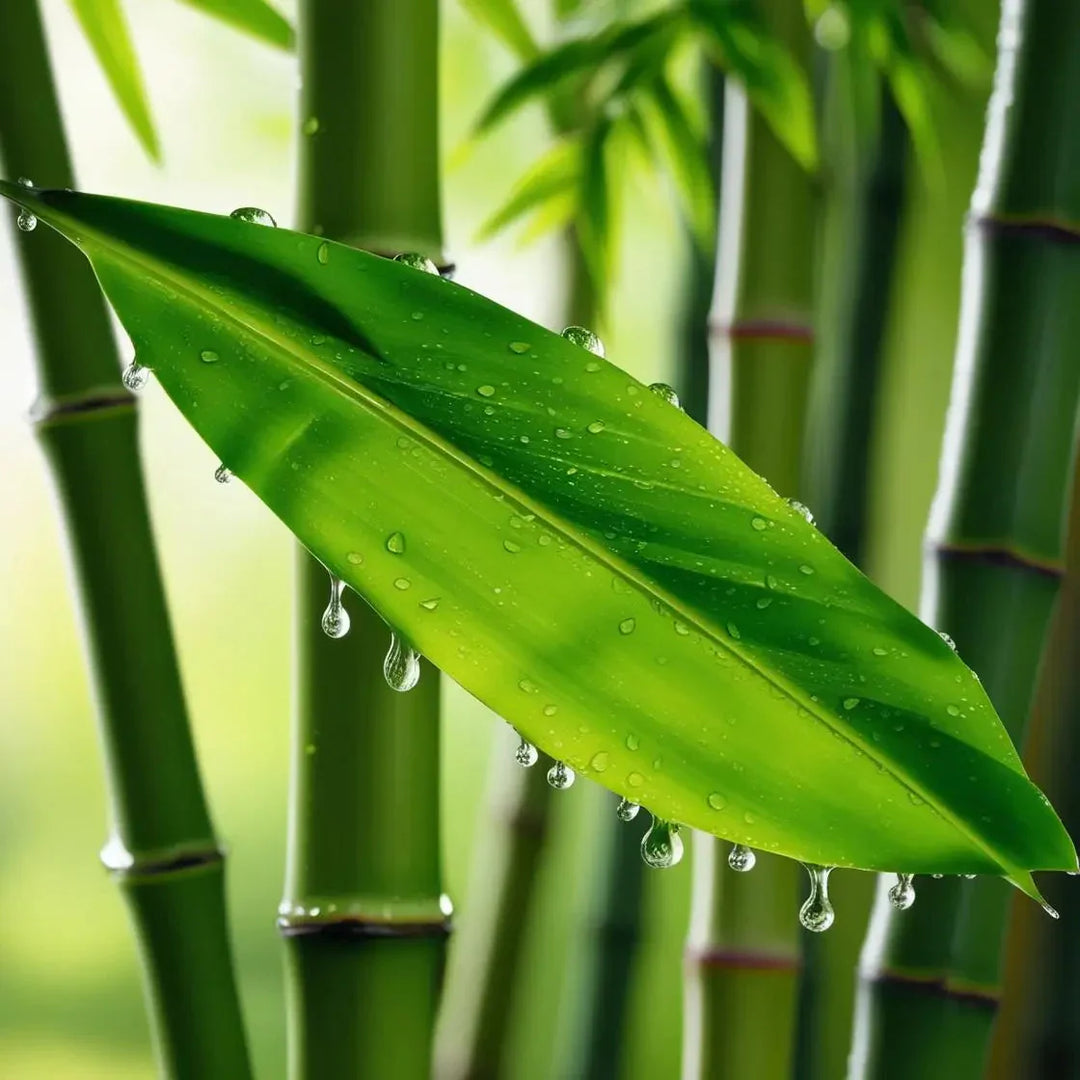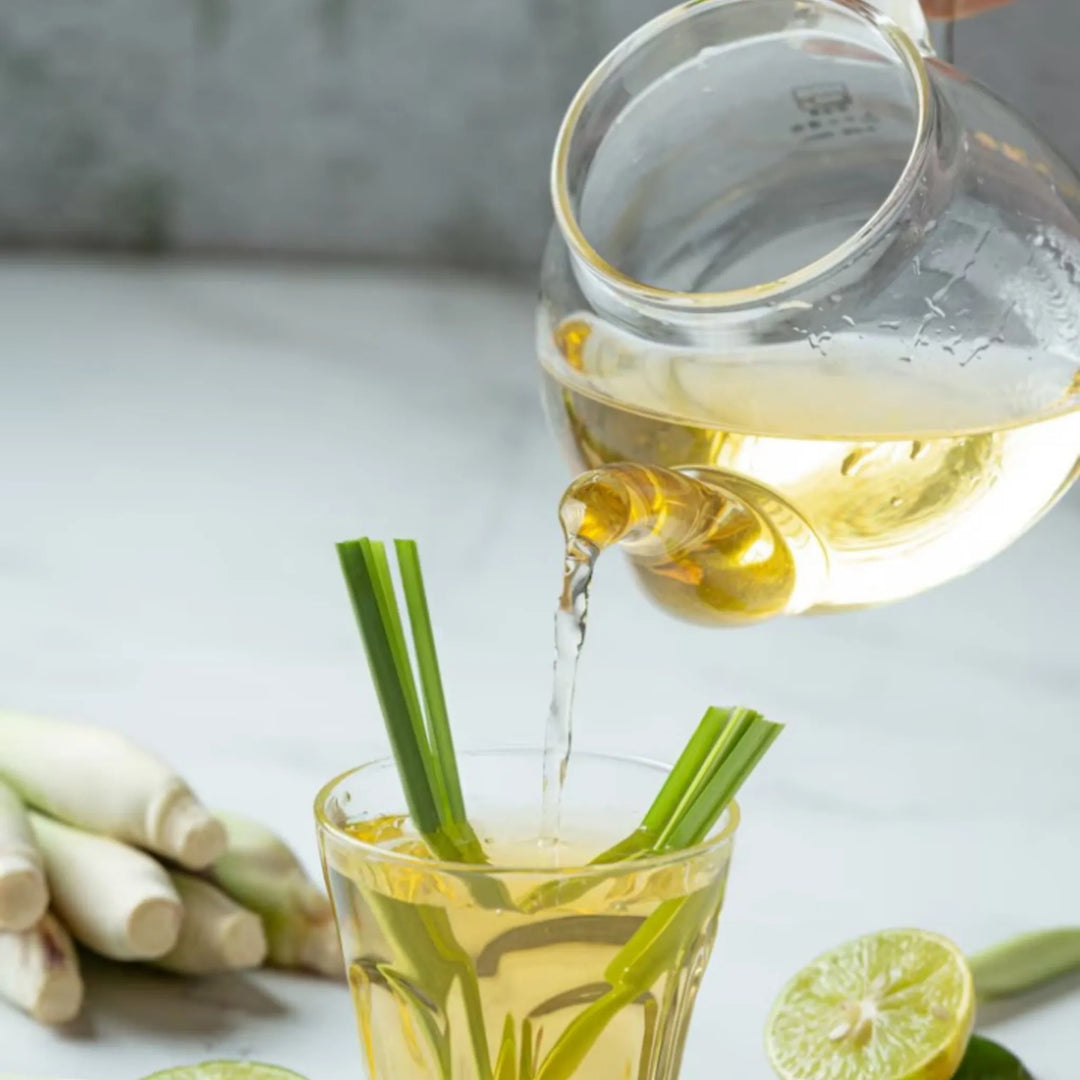The History of Tea and Their Health Benefits | Herbal Goodness
Tea, an aromatic beverage prepared by pouring hot or boiling water over cured or fresh leaves of Camellia sinensis, an evergreen shrub native to China and East Asia. A widely accepted and recognized beverage that represents hospitality as well as vitality. The consumption of tea, globally - daily, plays a central role in the lives of a variety of people across the globe. Tea is said to be the most widely consumed beverage by humans after water.
Just as it is consumed on a massive scale, tea is also shrouded in loads of myths and origin speculation. Contrary to popular belief and pop culture, Tea did not originate from England or the British empire but was said to be discovered in China almost 5,000 years ago. According to legend, in 2732 B.C. Emperor Shen Nung discovered tea when leaves from a wild tree blew into his pot of boiling water. He was immediately interested in the pleasant scent of the resulting brew and drank some. Legend says the Emperor described a warm feeling as he drank the intriguing brew as if the liquid was investigating every part of his body. Shen Nung named the brew "ch'a", the Chinese character meaning to check or investigate. In 200 BC, a Han Dynasty Emperor ruled that when referring to tea, a special written character must be used illustrating wooden branches, grass, and a man between the two. This written character also pronounced "ch'a" symbolized the way tea brought humankind into balance with nature for the Chinese culture.¹
It was initially used as medicine in ancient China, with people chewing on fresh leaves for their refreshing and invigorating effect before they learned to brew it in water to make a drink out of it. By 722 BC – 221 BC, the Chinese started to brew the leaves, adding to the concoction other ingredients like ginger, tangerine peel, scallion, and cornel. This concoction was mixed with rice and eaten as a meal, rather than enjoyed like a beverage. It was only between 202 BC and 220 AD that tea evolved as a beverage in China, offered as a refreshing drink to officials and noble lords.² By then varieties of tea had been discovered, and rare kinds were brought to emperors as gifts because it was a coveted trade object. It is also during this period that the trading of tea became a commercial activity. In the years that followed, between 420 and 589 BC, tea drinking became popular as a Chinese tradition. Its consumption increased rapidly, and methods for cultivating tea started to be explored to keep up with demands. This led to tea being produced on a massive scale with Chinese merchants growing rich from the immense wealth acquired from the newly emerging product.
Neighboring countries were touched by the new wave of tea consumption as British colonists. While experimenting to introduce tea in India, British colonists noticed that tea plants with thicker leaves also grew in Assam, and these, when planted in India, responded very well. The introduction of Chinese tea plants, different from Indian tea, to India is commonly credited to Robert Fortune, who spent about two and a half years, from 1848 to 1851, in China working on behalf of the Royal Horticultural Society of London.²
How Herbal Goodness Teas are Made
With an emphasis on the highest quality organic non-GMO ingredients to provide amazing benefits for healthy living. Our process starts from:
- The time our herbs are carefully planted in healthy, organic soil. Often grown in a tropical climate, August and September are often the best times to plant.
- Our teas are produced the way nature intended - in communities that value regenerative agriculture, biodiversity, and watershed management. We work particularly with women farmers who make up 70% of our farming communities. We embrace fair trade policies in our farms and tea estates.
- Organic Composting in our Regenerative Farms: Our trees and shrubs produce their best leaves or herbs during the dry months of January and February. Fresh leaves are hand-harvested and stored in collection centers, from where they are moved to a preparation center to be power washed, dried, and gently dehydrated to below 8% moisture content.
- Herbs are tested for microbial and heavy metal content. Once certified, they are bagged, weighed, and packaged for shipment to our manufacturing centers in the United States.
- Upon arrival, leaves are isolated and tested again to confirm the quality before they are sent to our manufacturing lines. We use the best quality, recyclable packaging to ensure you receive the freshest, most nutrient-dense herbs in your teacup!
What you are getting is a fully ethical product, grown by approximately 1800 small-holder farmers and workers who support over 20,000 dependents.
So enjoy our teas knowing they are the finest, award-winning herbs packed with exquisite taste, full-body strength, and powerful aroma.
Health Benefits of Tea
- Contains Antioxidant properties: Antioxidants are a great source of health-boosting benefits. Consuming them can help remove free radicals and decrease cell damage in the body. Polyphenols are a type of antioxidant found in certain foods and beverages, including black tea. Groups of polyphenols, including catechins, theaflavins, and thearubigins, are the main sources of antioxidants in black tea and may promote overall health including boosting heart health. Theaflavins help to support healthy cholesterol and blood sugar levels while catechins help support healthy body weight.³
- Promotes Healthy Blood Sugar Level: When you consume sugar, the pancreas secretes a hormone called insulin to carry the sugar to the muscles to be used for energy. If you consume more sugar than your body needs, the excess sugar gets stored as fat. Consuming large amounts of sugar, particularly from sweetened beverages, has been shown to increase blood sugar values. Regular consumption of Herbal Goodness Gymnema leaf tea helps promote and support healthy blood sugar levels. Tea is a great non-sweetened beverage that has been found to help enhance the use of insulin in the body.³
- Boosts Energy: Tea contains a small amount of caffeine that can help increase energy. The low caffeine amounts make taking tea a good choice for people who are looking to cut back on their caffeine intake. Tea's energy-boosting properties are further driven by an amino acid known as L-theanine. This amino acid slows the absorption of caffeine. As a result, the energy boost from tea is longer-lasting and more steady than that from a cup of coffee. L-theanine also increases alpha waves in the brain, helping to increase focus while at the same time offering calming and relaxing effects.⁴ With the Herbal Goodness Guayusa leaf tea, you'll get increased focus and energy without the jittery side effects of the crash when the caffeine wears off. With our teas, it’s all benefits and no side effects.
- Promotes Gut Health: Research shows that tea's polyphenols can beneficially modify gut bacteria. This can lead to positive health effects like reduced carbohydrate absorption, improved blood sugar levels, and weight loss. Tea also contains tannins as well as high levels of antioxidants which help to soothe the stomach lining. Herbal Goodness Papaya leaf tea is such an amazing grab for supporting gut health and improving digestion.
- Supports Healthy Brain Functions: Black tea contains caffeine and an amino acid called L-theanine, which can improve alertness and focus. L-theanine increases alpha activity in the brain, resulting in relaxation and better focus. Studies have found that beverages containing L-theanine and caffeine have the greatest impact on focus due to the effects of L-theanine on the brain. This may be why many individuals report more stable energy after drinking tea, compared to other caffeinated beverages like coffee.⁴ A great source of these benefits is the Guayusa leaf tea from Herbal Goodness. Guayusa leaf supports mental alertness, clarity, and focus.
- Boosts Oral Health: Tea contains fluoride and can improve bacterial populations in the mouth. It also does not erode the enamel of the teeth as much as other sugary beverages. It changes the pH in your mouth when you drink it and that may be what prevents cavities. This reduces the risk of oral issues. So you can still feel good about your oral health if you are sipping tea.
- Immune Boost: This is a no-brainer. Studies have shown tea can tune up immune cells so they reach their targets quicker. This can be a ready immune boost especially when it is needed as a health boost. Herbal Goodness Mango leaf tea is rich in beneficial plant compounds, including polyphenols and terpenoids. These Terpenoids boost the body's immunity and protect your cells from harmful molecules called free radicals.
The health benefits of tea can go on and on, even beyond simply improving immune system health. Whatever tea variant you enjoy drinking, be sure to note that you are getting tons of health benefits. As there are numerous varieties and flavors you are sure to never get bored of drinking tea. A cup of tea keeps the doctor away but if he still comes around, do share one with him.
Related: What is Papaya leaf extract? | Herbal Goodness
References
- http://www.coffeeteawarehouse.com/tea-history.html. The history of tea. Accessed on August 2, 2021.
- https://en.wikipedia.org/wiki/History of tea in India. History of Tea in India. Accessed on August 2, 2021.
- https://www.healthline.com/nutrition/black-tea-benefits#TOC_TITLE_HDR_2.10. Evidence-Based Health Benefits of Black Tea. Accessed on May 16, 2018.
- https://senchateabar.com/blogs/blog/benefits-of-drinking-tea. 6 Amazing Benefits of Drinking Tea (You Didn't Know). Accessed on August 3, 2021.
- Energy and Vitality - Liquid - Energy & Vitality - Herbal Goodness
- Flow Secure Plus - Liquid Tincture - Female Health - Herbal Goodness
- Electric Kettle by Herbal Goodness - Fast, Efficient Boiling
- Milk Frother by Herbal Goodness - Perfect Foam for Your Drinks
- Black Girl Magic 2fl.oz - Glow - Youth and Energy - Herbal Goodness












